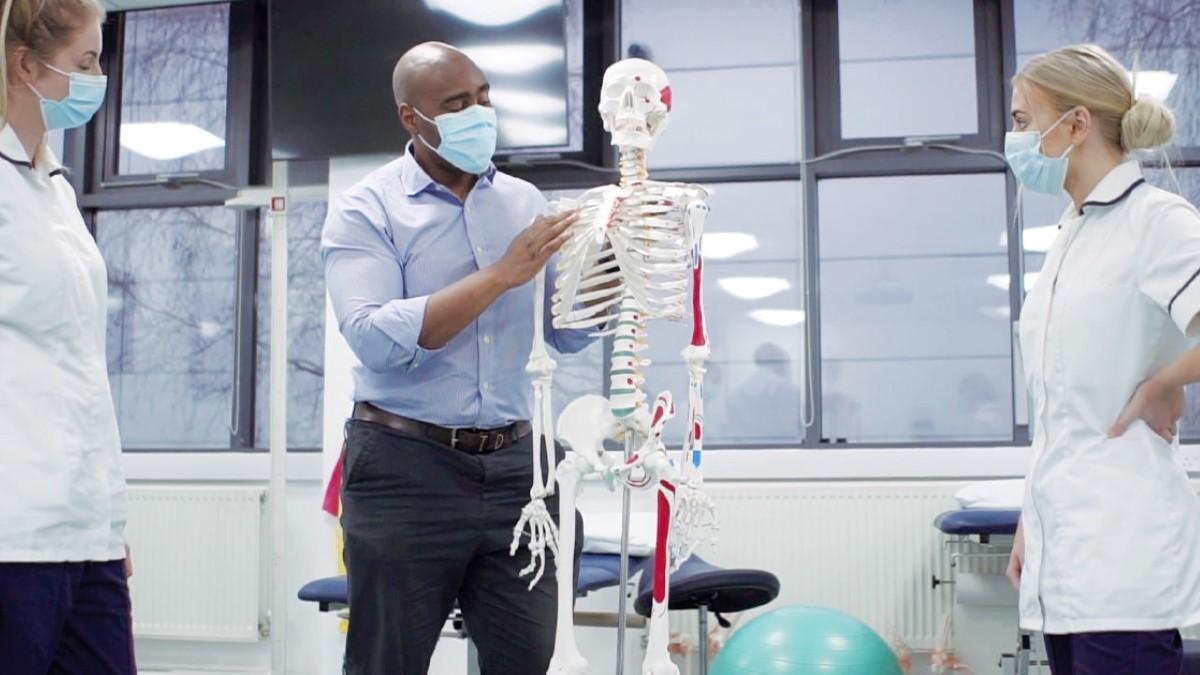Gill Rawlinson, CSP assistant director, introduces our supplement on placements and highlights the importance of practice-based learning

The pandemic has exposed us all to a whole new range of experiences and practice-based learning is no exception. Riding a sea of constant change and emotional highs and lows is demanding both physically and mentally, and the rollercoaster of emotion for students and educators in both practice and universities has been no exception.
Students have engaged in new and different experiences and, whether on the Covid-19 frontline in ITU, working with national leaders shaping policy or working with charities to support individuals in the community, students have been in the thick of it.
They have also proved capable as ever. However, many students have also had placements cancelled. As some shielded, patient demand soared and placement capacity dropped as many of our valuable practice educators were re-deployed; being stretched both physically and mentally. So, as we (hopefully) begin to take a breath, we now need to reflect and learn from this rollercoaster. We need to take the best bits and learn from the challenges to grow placement capacity to meet demand.
This supplement highlights how we yet again have risen to the challenge. Problem-solving and innovating to make things happen. However, this approach is not yet widespread – we still have variation in placement models, offers, uptake and student experiences, and still have much work to do. As we move forward, our asks are to work with your teams to engage with your universities to constantly review your placement offer.
Embedding students in your teams, year round, adds value, resource, and inspires the next generation to work in your sector. We have an opportunity to reframe what practice base learning is, and how and where it can be delivered.
There is no one size fits all model, and every place where ‘physiotherapy’ happens can support student learning. Our support workers, band 5s and advanced/ consultant practitioners can all support student learning. Students can lead projects and often bring wider skills and experiences into service redesign projects.
Multiple students working together adds resource and supports student learning and experiences. Although placements with service users are integral, students can also develop wider transferable skills in leadership, educations and research placements.
I want to say a huge thank you to our students and our practice and university educators. I ask you to keep reflecting and discussing with others what you can offer to support practice-based learning to continue inspiring a diverse future workforce in all sectors. Let’s hope we can enjoy the ride.
Number of subscribers: 1




































